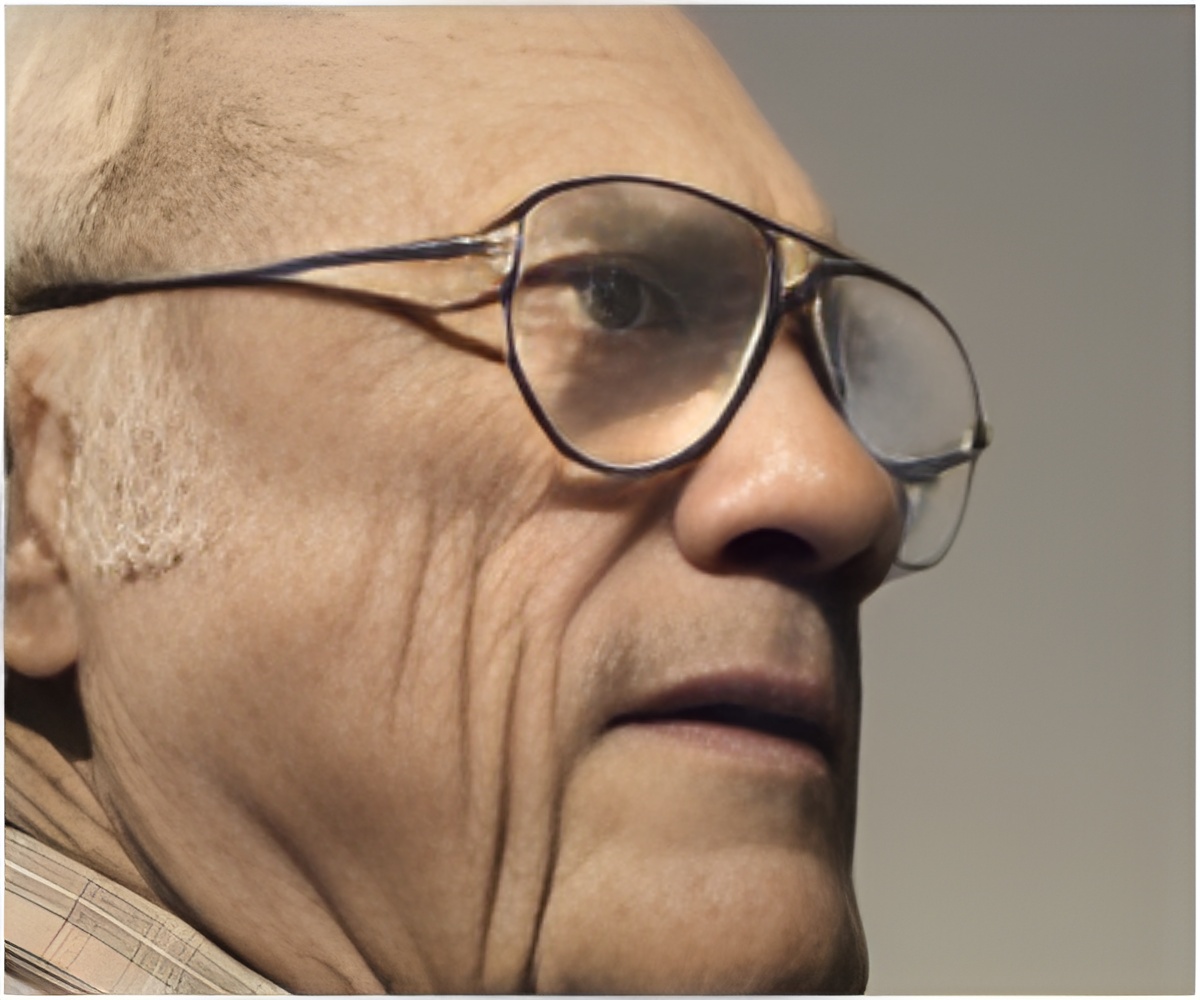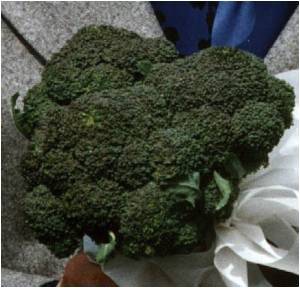
After a visit to the dentist, when he got home and looked into the mirror, realized that his new nose held on by magnets had fallen off. “I wore my glasses before going out so I must have lost it after that as they wouldn’t have stayed on,” said Cyril.
The staff at the dental clinic could not locate it and now Cyril has appealed to the public to help him find his nose. The nose was costly at £1,500.
“I’m hoping someone has picked it up. It was beginning to fall of regularly. I think the magnets were failing. The day before I lost it, it fell off three times while I was gardening.”
Speaking about how his new nose changed his life after surgery, he said, “I hope the hospital will give me another one.”
Advertisement














